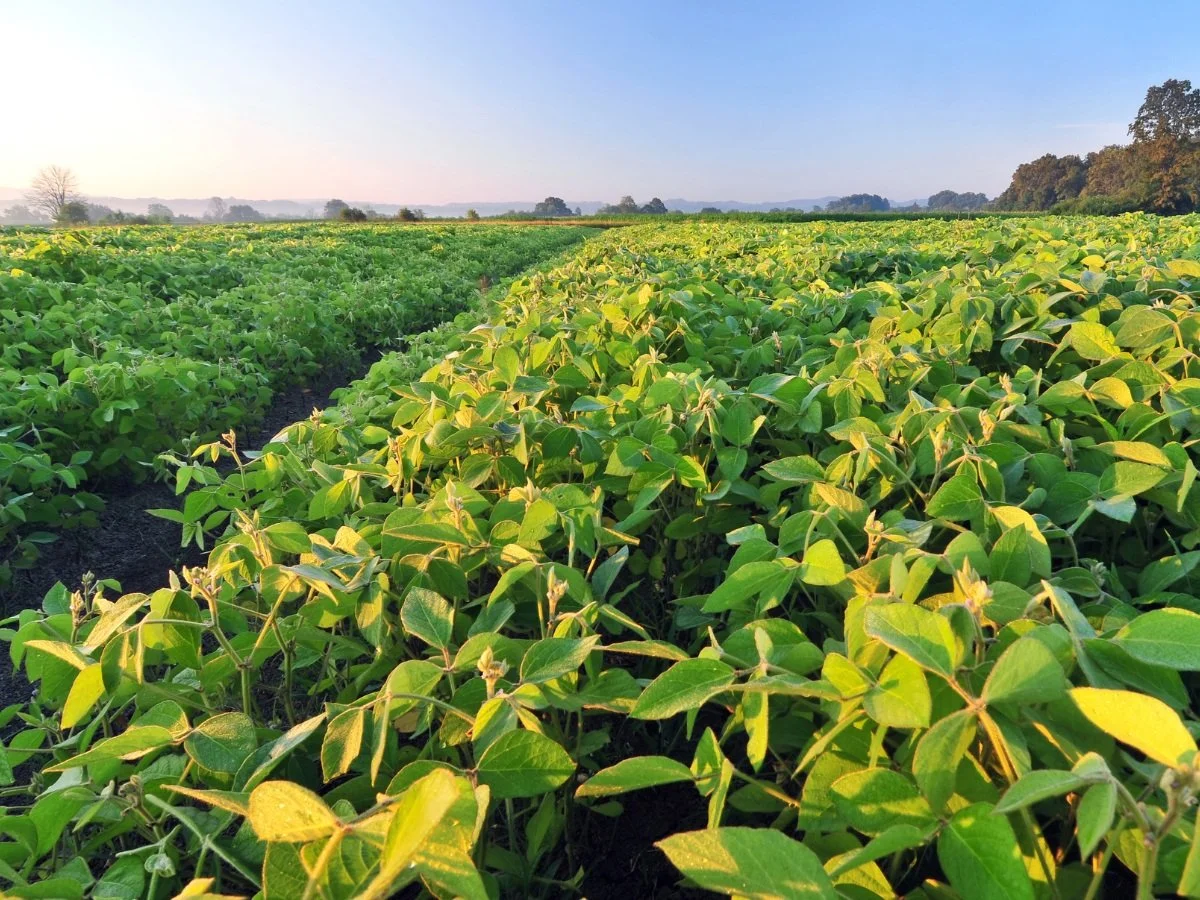Combining Enzymatic Epoxidation of Soybean Oil and Linseed Oil
Members: Agri-Tech Producers (ATP), University of Akron School of Polymer Science and Polymer Engineering
Project dates: 2021 – 2023
Through this project, Agri-Tech Producers (ATP) came one step closer to making sustainable high-performance, lightweight bio-based materials that can be used in aerospace, automotive, and sports and recreation industries. These hybrid bio-composite materials are made up of two components: vegetable oil-derived bio-resin and bio-filler, a sustainable alternative to traditional petroleum-based carbon black made through ATP’s patented process that combines atmospheric CO2 capture and simultaneous remediation of contaminated air, soil, and water.
Researchers at the University of Akron tested a new process for chemoenzymatic epoxidation of linseed and soybean oil to improve the curing efficiency and material properties of bio-resins. The team successfully formulated and tested the bio-composite premix and carried out a comprehensive evaluation of the thermo-mechanical properties of the resulting product, which will be useful as a part of the techno-commercial analysis of bio-based polymer matrix composite materials compared to petrochemical incumbents.
Funding source: U.S. Department of Defense

